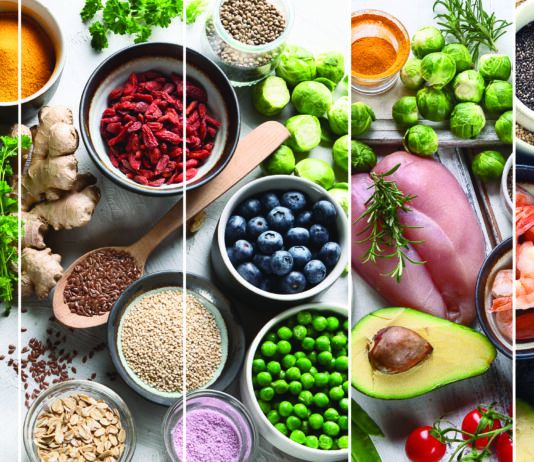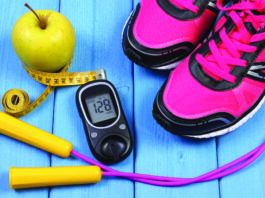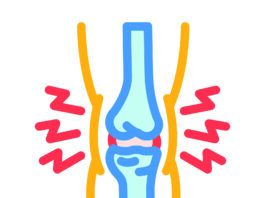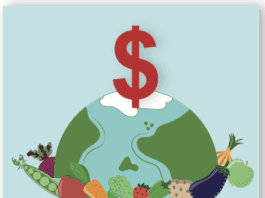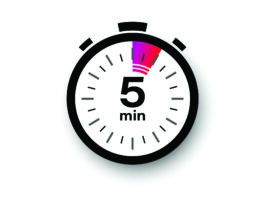Car Exhaust Bad for Your Brain
I s traffc pollution clouding your brain? Harvard researchers report that a doubling of exposure to black carbon-a marker for pollution from automotive exhaust-was associated with a 30% greater chance of scoring badly on a standard test for dementia. The poorer results, plus lower scores on a composite of six other tests of cognitive function, were the equivalent of adding almost two years to subjects age. Researchers analyzed data on 680 Boston-area men, average age 71, from the VA Normative Aging Study. The in- vestigators said this was the frst study to link traffc-related air pollution and cognition in older men, and only the second study of such a relationship in older adults. Tiny particles in exhaust, researchers suggested, might lodge in the brain, or could cause cardiovascular damage that in turn affects the brain.
Government Releases Five-Year Update of Dietary Guidelines
More than seven months after the report of the Dietary Guidelines Advisory Committee (DGAC) on the latest scientific evidence about eating right, the Dietary Guidelines for Americans 2010 were finally released-in 2011. Federally mandated to be updated every five years, the 112-page seventh edition of the guidelines, from the USDA and Department of Health & Human Services, will be followed by a revised food pyramid to help put the recommendations into action
Heart Experts Lower Daily Salt Limit
The American Heart Association has joined the chorus of health experts calling for even lower limits on daily salt intake. In a new advisory, the association said all Americans should aim for no more than 1,500 milligrams of sodium daily. Previously, that guideline had been 2,300 mg, although people with high blood pressure
Nutrition Facts? Consumers Yawn
Are you bored with the Nutrition Facts panel on packaged foods? The latest National Eating Trends survey from market-research firm the NPD Group finds that usage of the government-mandated nutrition labeling has declined
Zinc Benefits Nothing to Sneeze At
Zinc really might work to prevent the common cold and lessen the severity of symptoms, according to a new review, but the prevalence of side effects might make you think twice about taking it. Scientists searched for randomized, double-blind, placebo-controlled trials conducted since 1984
Whole-Grain Confusion Reigns
Consumers know that whole grains are good for you-but after that, knowledge tends to give way to confusion, according to a new General Mills study of 1,010 US adults. More than half of those surveyed said they specifically shop for whole-grain products
Being Bilingual Might Delay Alzheimers
Speaking two languages, researchers report, may help delay the effects of Alzheimers disease. Canadian scientists studied 450 patients, all with similar degrees of impairment from Alzheimers disease
Where Exercise Goes South
Yall need to get up off the sofa and get some exercise. New data from the Centers for Disease Control and Prevention (CDC) show that adults in the South are most likely to report zero leisure-time physical activity-not even gardening, walking or golfing
Surveying Doctors Supplement Choices
Do physicians take dietary supplements-and if so, which ones and why? A new survey conducted for the supplements-industry trade association the Council for Responsible Nutrition sought answers from 900 physicians, evenly divided among three specialties-cardiology, dermatology and orthopedics
Calorie Counts Coming to Chains
It will soon be harder to ignore the caloric carnage of that fast-food burger, fries and shake youre ordering. A new FDA proposal, an outgrowth of last years health overhaul, will mandate calorie counts on menus at 280,000 establishments nationwide





















